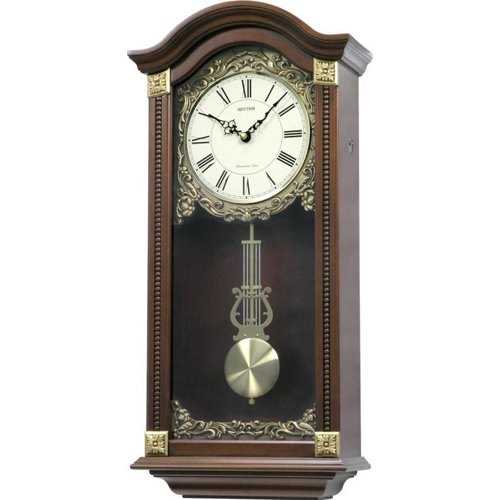The period of a pendulum is the time it takes for the pendulum to complete one swing. The period of a pendulum is determined by the length of the pendulum and the gravitational force. The longer the pendulum, the longer the period. The stronger the gravitational force, the shorter the period.

On the moon, the gravitational force is about one-sixth of what it is on Earth. This means that the period of a pendulum on the moon will be about six times longer than it is on Earth. For example, a pendulum with a period of 2 seconds on Earth will have a period of 12 seconds on the moon.
This is because the gravitational force is what pulls the pendulum back to its starting point after it swings. On the moon, the gravitational force is weaker, so the pendulum takes longer to swing back to its starting point.
As a result, a pendulum clock on the moon will run about six times slower than it does on Earth. This is because the pendulum takes longer to swing, and the clock has to wait for the pendulum to complete one swing before it can register the next second.
If you have a pendulum clock and you take it to the moon, you'll need to adjust it so that it runs 6 times slower. Otherwise, it will be very inaccurate.
In theory, if you were to take a pendulum clock to a planet with no gravity, the pendulum would never stop swinging. This is because there would be no force to pull the pendulum back to its starting point. However, in reality, there is always some air resistance, so even on a planet with no gravity, the pendulum would eventually stop swinging.